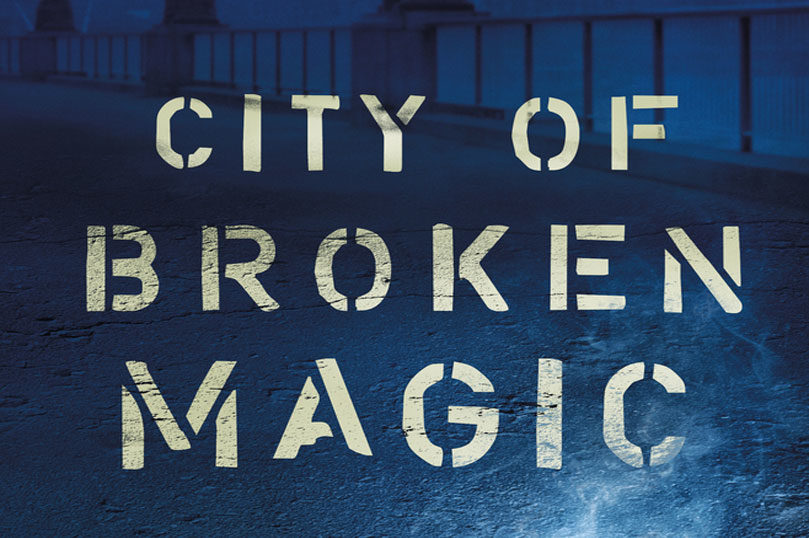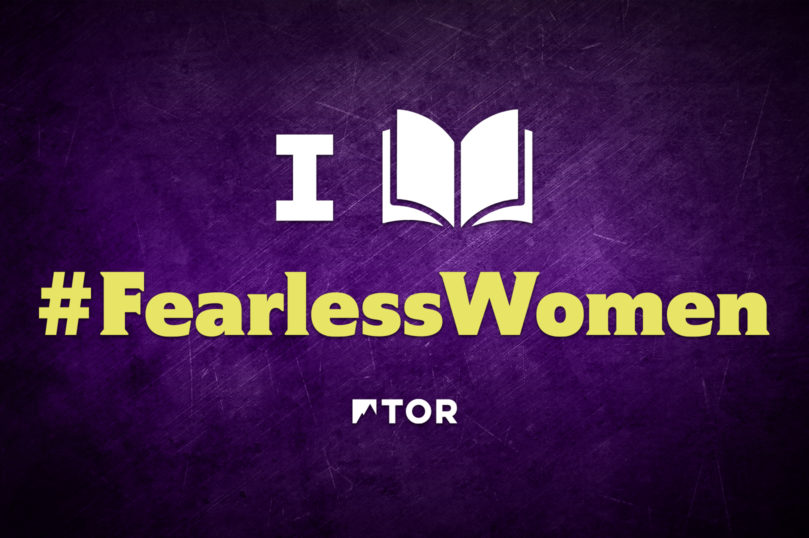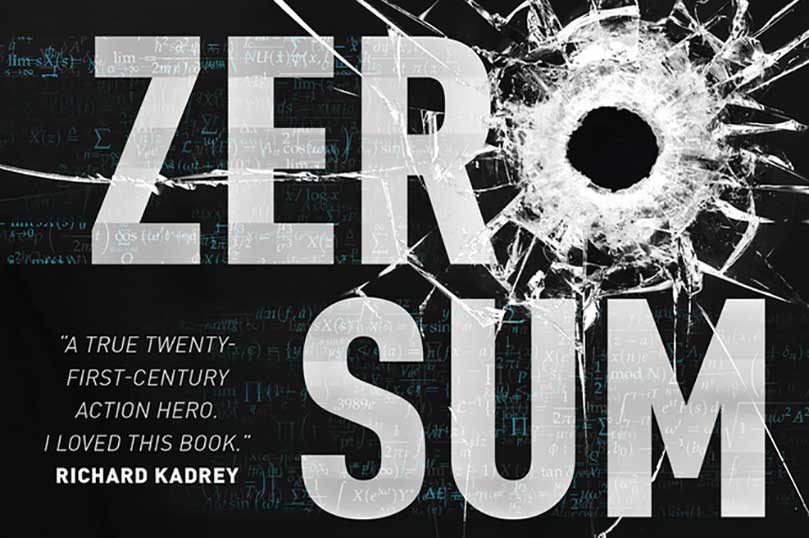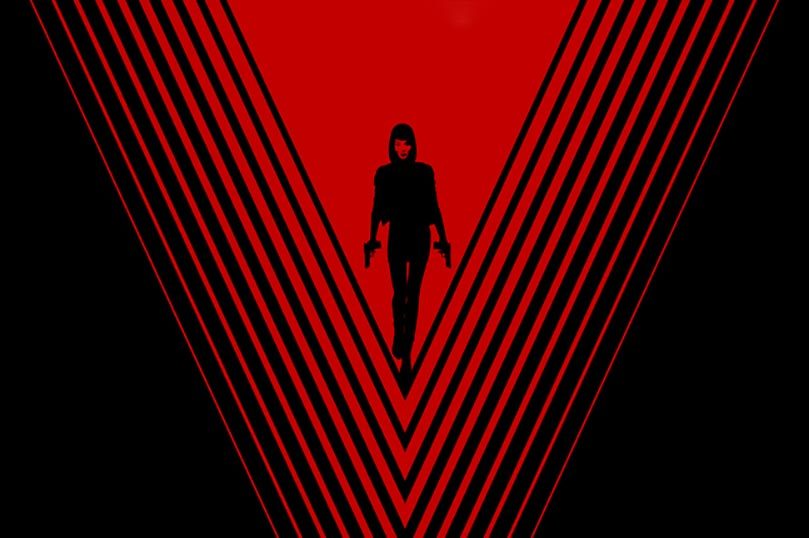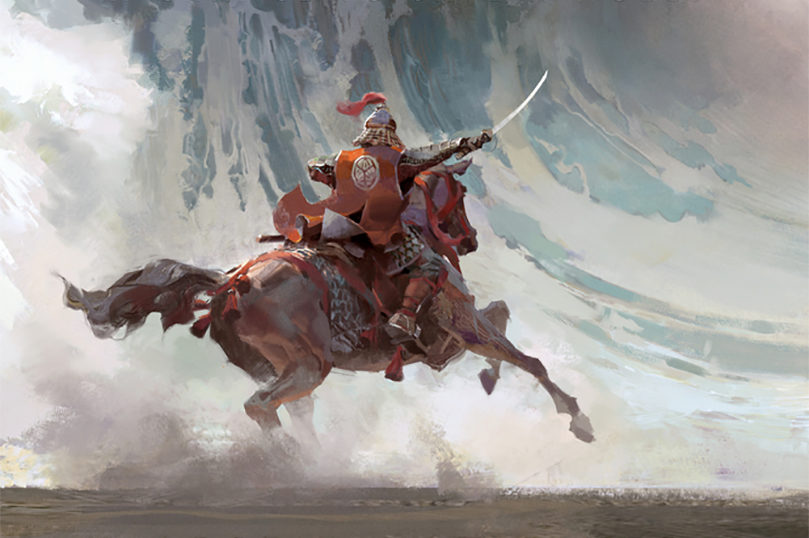
Meet the #FearlessWomen: Barsalai Shefali from The Phoenix Empress
Written by Lisa Ickowicz I am Barsalai Shefali, and I have earned that name twice over. Barsalayaa Shefali is a woman of few words, but she is fierce, loyal and compassionate. Born to a Qorin family—a tribe of nomadic peoples within the Hokkaran Empire—her early years are filled with riding horses and learning to shoot a…

